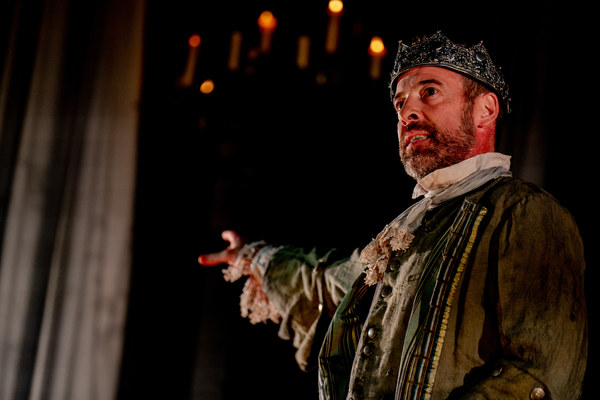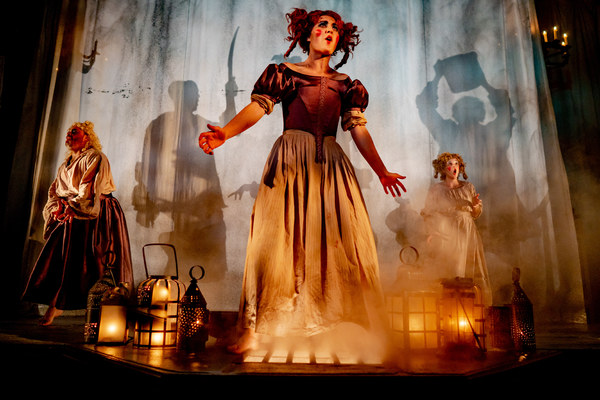VPA Announces New Drama Department Chair
The College of Visual and Performing Arts (VPA) has appointed Eleanor Holdridge as the new chair of the Department of Drama effective July 1. Holdridge comes to Syracuse University from the Catholic University of America, where she served as professor…




